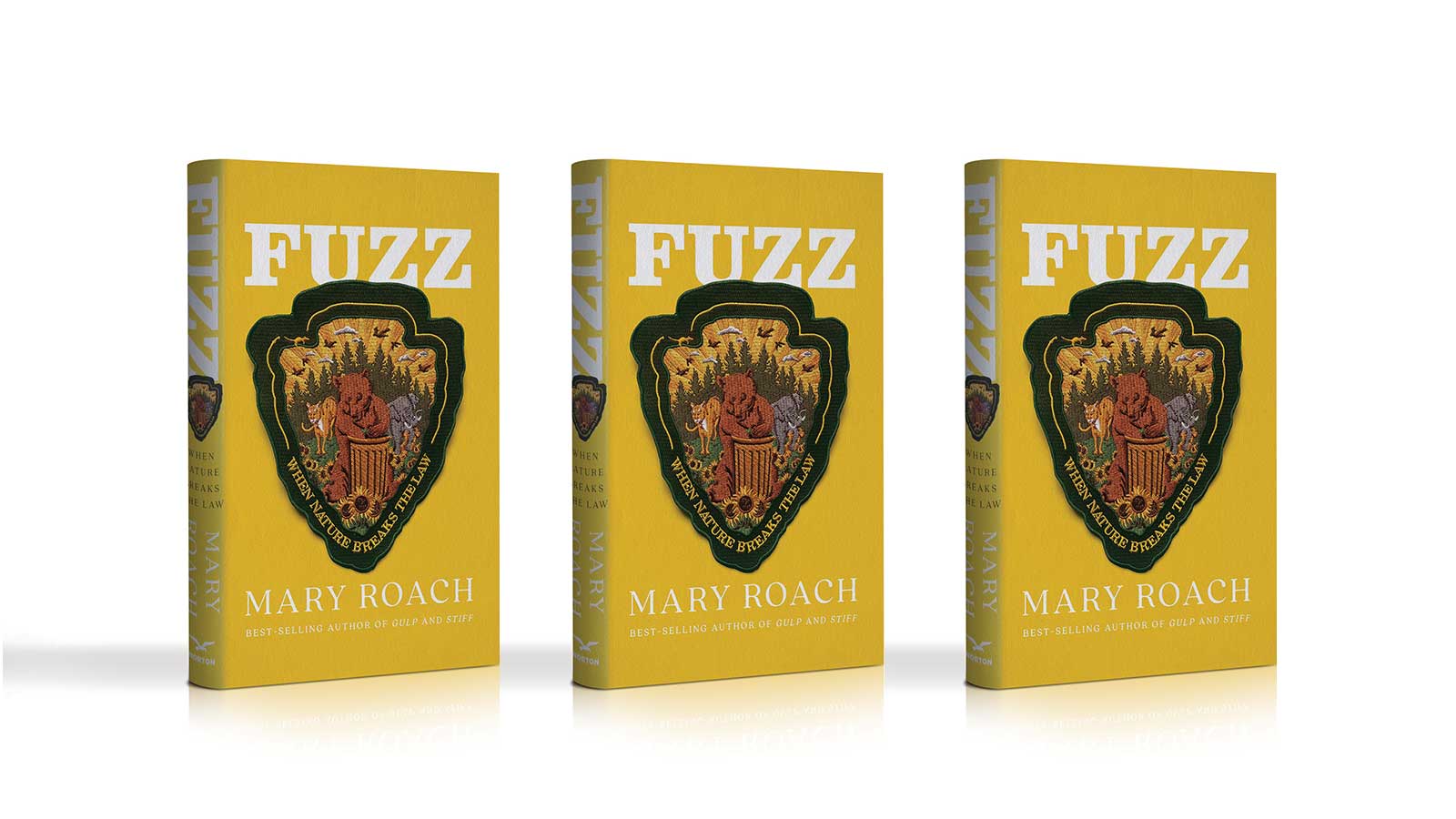Skylarking

One of the most interesting sections of Skylark Bookshop is up on the mezzanine floor, nestled between Memoir and Sociology. There, you will find books on subjects as diverse as hallucinogenics, dinosaurs, the DNA double helix, astrophysics, and why algebra is a gendered construct. Ladies and gentlemen, welcome to the wonderful world of science.
The undisputed queen of the popular science book is Mary Roach, author of a series of hugely popular and very entertaining tomes with punchy one-word titles, each of which examines a different aspect of this strange world we live in. She has written about death in “Stiff,” sex in “Bonk,” the afterlife in “Spook,” the human digestive system in “Gulp” — you get the idea. Roach writes with a refreshing frankness about this stuff and always has an eye for the absurd. Her books are funny, fascinating, and leave you with a plethora of interesting — if entirely useless — facts you can impress your friends with at parties whenever there’s an awkward pause in the conversation.
So when it was time to select our first nonfiction title for the Skylarking book club, Roach’s most recent book, “Fuzz,” was an obvious choice. The subtitle is “When Nature Breaks the Law,” and Roach’s subject here is the never-ending conflict between humans and, well, everything else.
Most people in Columbia probably like to think of themselves as being pretty aware of the natural world on our literal and metaphorical doorsteps. We’re fortunate to have wonderful trails and parks to enjoy. Our schools have nature spaces; neighborhoods have shared gardens and designated wild areas. At Skylark we feed the “street” birds to help them get some nutrition not provided by their passion for French fries and pizza crust. In our backyards, we watch the antics of squirrels, deer, and coyotes. In my house, we’ve also had to address bats partying in our roof — and sometimes, excitingly, in our dining room. “Fuzz” is all about this and more. Roach considers where and how humans and animals collide and, in particular, how humans have impacted the natural world around us.
To tell her story, Roach tags along with animal-attack forensics investigators, human-elephant conflict specialists (really), and bear managers. She travels intrepidly from leopard-terrorized hamlets in the Indian Himalayas to St. Peter’s Square in Rome in the early hours before the Pope arrives for Easter Mass, when thuggish gulls swoop in to destroy the elaborate floral display. We meet a motley cast of laser scarecrows, langur impersonators, and trespassing squirrels, and Roach finds herself in a series of hysterically unedifying situations: She taste-tests rat bait, learns how to install a vulture effigy, and manages to get mugged by a macaque. Chapter titles include: “The Legume as Accomplice to Murder”; “How Do You Handle a Hungry Bear?”; and “Futile Military Actions Against Birds.” It’s a hoot (pun intended.)
These adventures reveal as much about humanity as they do about the animals Roach goes in search of, and it probably won’t come as much surprise to learn that, in many of the Human versus Nature conflicts that she takes such delight in describing, the guilty party is usually — you guessed it — us.
That’s not to say that the book’s prognosis is especially gloomy. Roach inserts herself (sometimes by sheer will) into these conflicts in order to understand how humans can be part of the solution, not merely the cause of the problem. The book’s message is, ultimately, a hopeful one, as we see that humans (some of us, anyway) are learning, generation by generation, to do better. Even as we continue to occupy space that isn’t always ours and guzzle resources that should be left alone, we are learning new ways, too. Roach is refreshingly honest about solutions that some of us would rather ignore. Bits of the book are heartbreaking; other parts are wildly inspiring. Overall, “Fuzz” offers hope for compassionate coexistence in our ever-expanding human habitat and suggests that maybe, just maybe, we can learn to share.
Oh, and did I mention the footnotes? I usually skip footnotes — actually, I usually skip books with footnotes — but Roach does them brilliantly, and they add significantly to this book’s pleasures. These are not joyless recitations of arid arcana, but fascinating and irreverent asides that are more likely to make you snort with laughter than send you to sleep.
We’ll be meeting, as usual, at 6:30 p.m. on the last Thursday in January — January 27. All are welcome to attend; we merely ask that you purchase your copy of the book from Skylark. We hope to see you there! Because Mary Roach. And (as this year’s shop T-shirt proclaims) Because Science.


